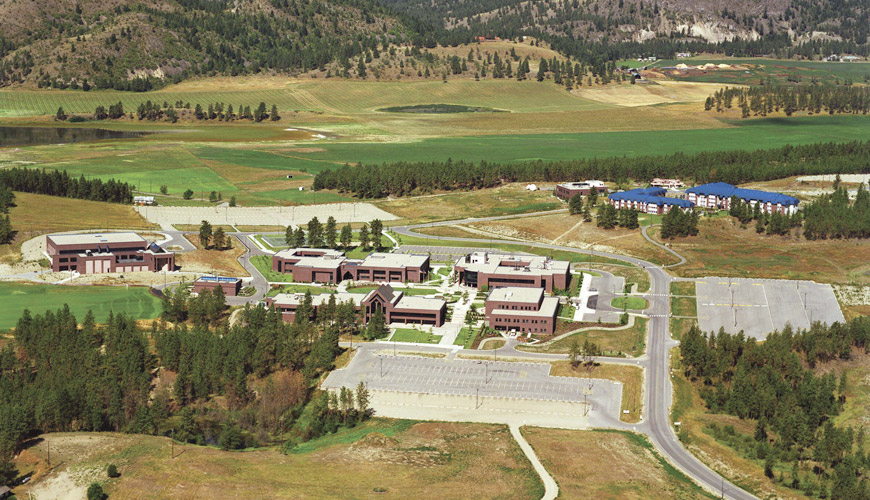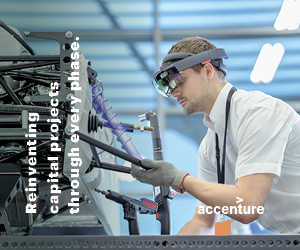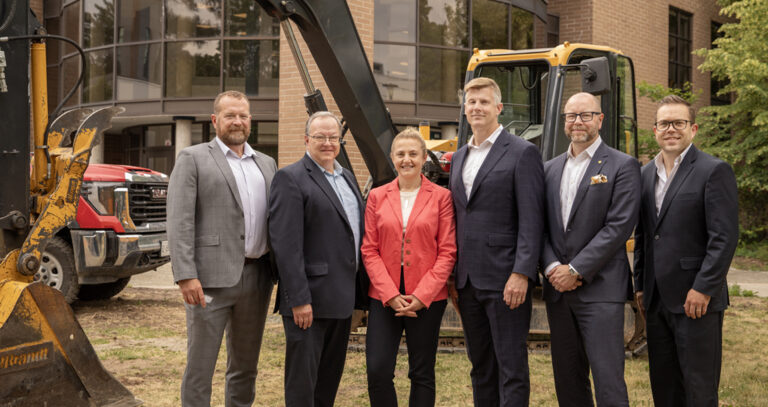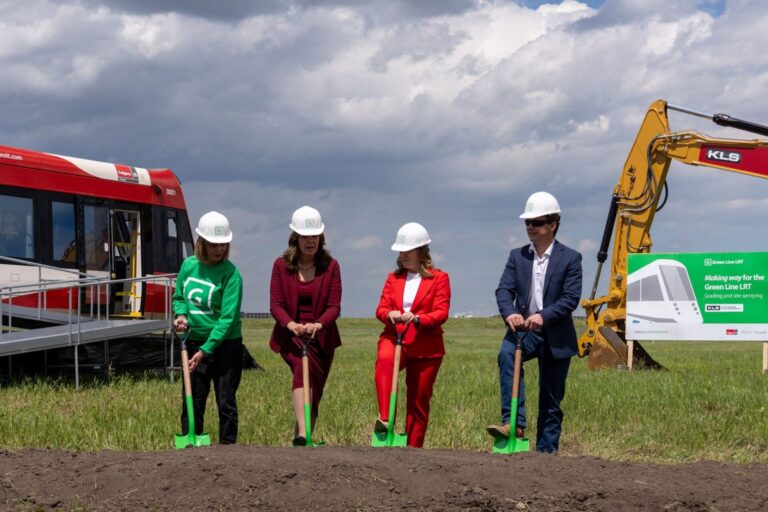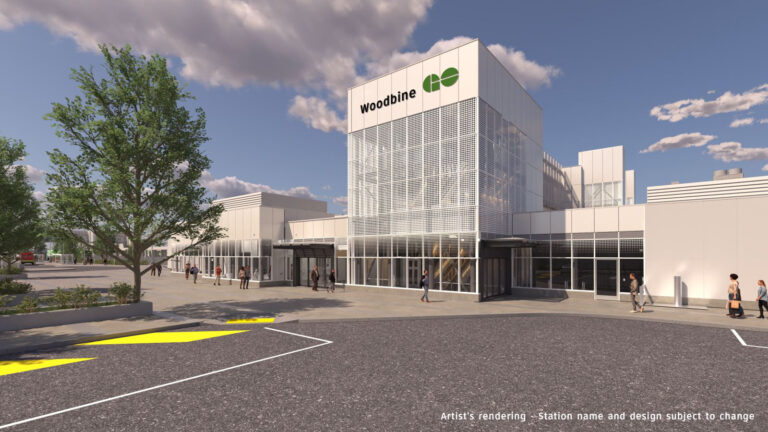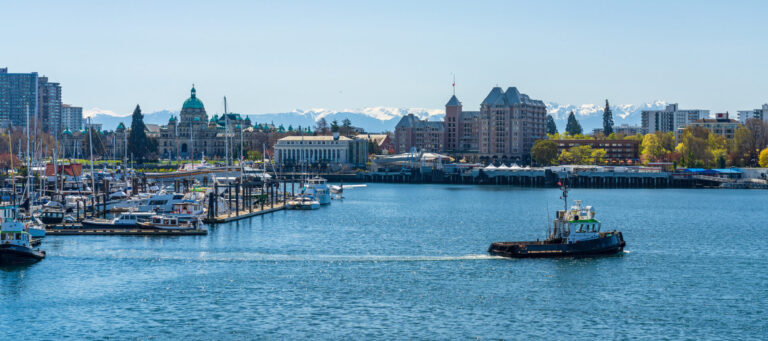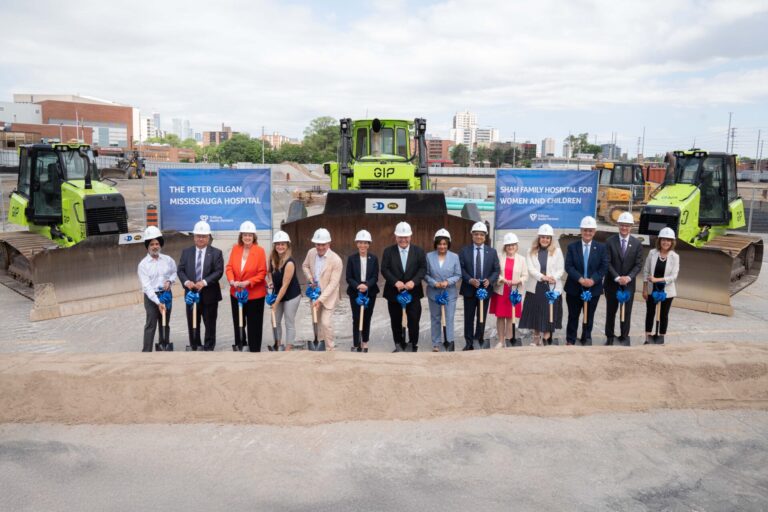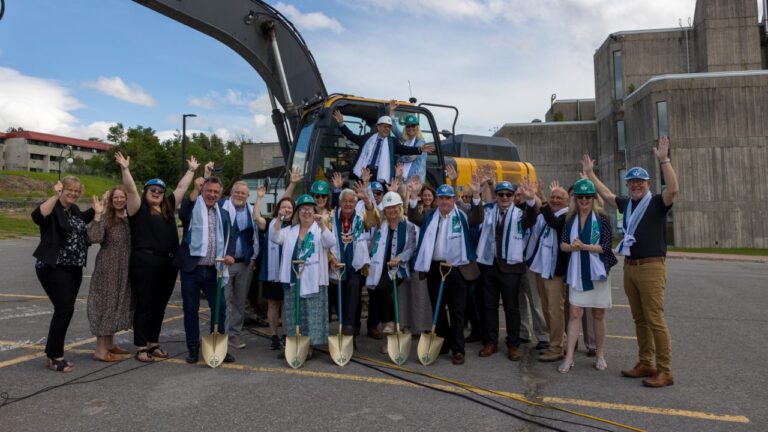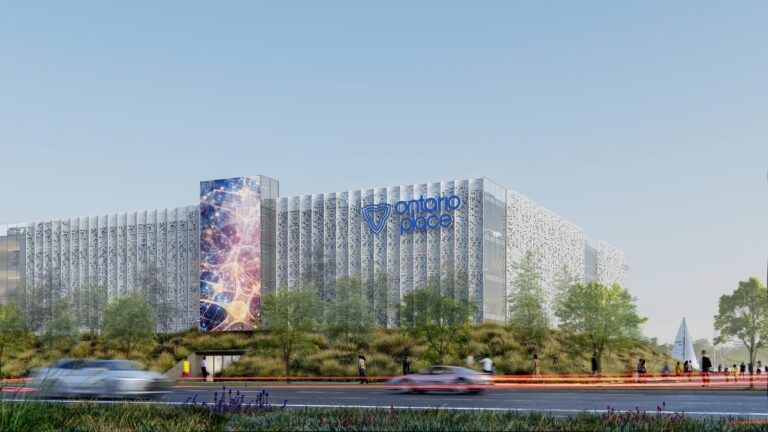The Province of British Columbia is making a significant investment in connectivity to encourage a rapid expansion of high-speed internet access and drive regional economic development in rural areas, Indigenous communities and along B.C.’s highways.
As part of B.C.’s Economic Recovery Plan, a one-time commitment of $90 million for the Connecting British Columbia program will target connectivity infrastructure projects for a new Economic Recovery Intake. These projects will quickly bring the benefits of modern internet access to families, students, workers and businesses throughout rural B.C.
“Rural and Indigenous communities are an essential part of the province’s economic engine. Now is the time to invest in modern infrastructure so people living outside the city can also benefit from today’s technologies,” said Anne Kang, B.C.’s Minister of Citizens’ Services. “Ensuring people have the connectivity they need to be successful is a key part of our recovery from the COVID-19 pandemic. This investment will bring real and lasting benefits to families, workplaces and communities throughout B.C., ensuring the province emerges stronger than ever.”
This funding will help accelerate investments by internet service providers and will be vital to restarting the economy in rural British Columbia. Work completed as part of this funding is expected to bring or improve connectivity in 200 communities, including 75 Indigenous communities, and benefit up to 50,000 households.
“It is so important for people in rural and Indigenous communities to be able to connect with family, friends and businesses in the rest of the province,” said Michelle Mungall, Minister of Jobs, Economic Development and Competitiveness. “This funding is expected to create more than 720 provincewide jobs that British Columbians can count on to support their families and benefit communities throughout B.C.”
Projects supported through this funding will include technologies such as fibre, satellite and Wi-Fi to deliver a broader range of connectivity benefits. It will also fund an additional 140 kilometres of highway cellular and Wi-Fi at rest stops, which could include inland ferry terminals and emergency satellite call boxes.
The province intends for this next phase of the program to be administered by Northern Development Initiative Trust, which manages the Connecting British Columbia program.
Applications will begin being accepted in October 2020. Internet service providers must complete their projects by October 2021.

